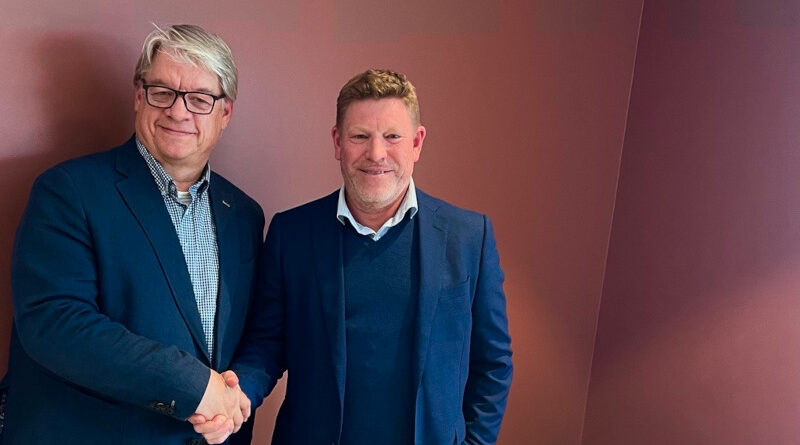Norner, Plast Nordic and Dr Sarkissova establish collaboration in chemical recycling of PET
In June 2024, Plast Nordic entered into a collaboration with Norner, an expert in the polymer industry, with over 40 years of experience. Based in Porsgrunn, Norway, Norner operates advanced laboratories, polymerisation units, and industrial-scale process pilot plants. Norner is owned by SCG Chemicals in Thailand and serves over 700 customers in more than 60 countries. Plast Nordic and Norner have been in dialogue for several years and are now formalising a strategic partnership. In addition to Norner, Dr Marianna Sarkissova will also become a strategic partner to Plast Nordic. She has a strong profile in planning and executing major international industrial projects and will contribute industrial expertise, access to capital, and an international network.
The collaboration framework has been established through a Memorandum of Understanding (MOU), outlining a strategy for how the companies will collectively contribute to Plast Nordic’s strategic and commercial objectives. In the Nordic region, there are over 400,000 tons of PET waste, according to a joint press release. With this new industrial solution, approximately 97% of this waste can be chemically recycled back into the original raw materials. The companies state that current exports of PET waste represent both significant energy loss and irrational management of substantial value. Plast Nordic aims to keep this material within the circular economy, thereby creating new jobs, reducing transportation, and increasing access to valuable recycled materials. Several Nordic brands have already expressed interest in these products.
Alkaline hydrolysis
The companies state that chemical recycling of this kind represents the highest quality circularity, as it recovers the raw material value from waste without any loss of quality. Plast Nordic will recycle both plastic and textiles using a technology known as alkaline hydrolysis. This conventional process is enhanced with patented microwave technology from Switzerland, which is claimed to provide characteristics as resilience to waste impurities up to 30% without affecting quality, chemical-free processing utilising microwaves, a fast process taking under 10 minutes, continuous 24/7 operation, and the ability to handle both plastic and polyester textiles.
The end product for Plast Nordic will be chemically recycled PET resin for the plastic and textile industries, equivalent in quality to newly produced oil-based PET. Currently, there is a demonstration plant of this type in Italy, and the first full-scale factory is scheduled to open in Spain in 2027. Plast Nordic aims to open its first factory in the Nordic region by 2028.
Plast Nordic is currently in the process of qualifying locations for its first factory, having closely examined several relevant sites in both Norway and Denmark. Locations for a Plast Nordic factory must have adequate access to renewable energy, scalability for growth, access to surplus heat (thermal energy), and good logistical capacities.
Photo: Rune Byremo, Plas Nordic and Kjetil Larsen, Norner

